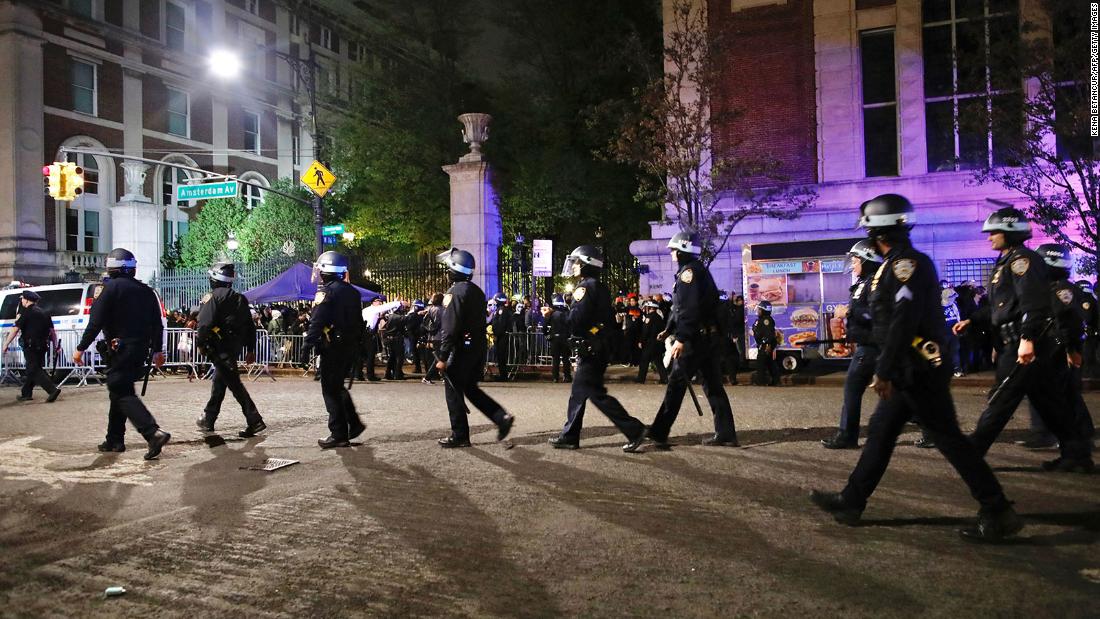The Knox County school board will weigh this week whether to send a message to lawmakers in Nashville about the governor’s controversial school voucher expansion.
Board member Jennifer Owen, who represents neighborhoods on Knoxville’s north side, is asking her peers to support her in a resolution that would tell lawmakers to “consider the effects that Education Savings Accounts will have on local school districts and to instead seek ways to support and strengthen public schools throughout the state.”
She modeled it using language from the Tennessee School Board Association, which opposes a voucher expansion based on its stance that the program will have “detrimental impacts” on schools and communities by siphoning funding from public schools to private ones.
Five out of eight school members must vote for the resolution for it to pass. Support was mixed at the board’s Feb. 5 meeting, though not all members expressed their opinions.
Gov. Bill Lee’s bid to bring vouchers to schools statewide has received mixed reactions statewide and locally. In his State of the State held in Nashville the same night as the Knox County board debated the resolution, he branded 2024 as the year to “make school choice a reality for every Tennessee family.”
Board Chair Betsy Henderson and Vice Chair Steve Triplett said they will vote against Owen’s resolution, echoing the support for parent choice and saying they believe competition could force public districts such as Knox County Schools to improve.
“I think it would be somewhat arrogant to think that this system could meet the need of every student and every child in Knox County,” Triplett said.
“There are situations where I think there are better options than what we can provide,” he added.
Board member Katherine Bike and others said the board’s top job is to support public schools funded by taxpayers, and the resolution would help do that.
“I want to see something that’s proven to actually work to serve all children. I don’t expect Knox County Schools to be able to perfectly serve all students but I think it’s important to understand what our purpose is and not be funneling money to a different place and fostering generally unfair competition,” she said.
School vouchers can be used by families to pay for private schools, including religious institutions and for those who home school. Knox County has 1,714 homeschool students enrolled this year in the district, according to Knox County Schools spokeswoman Carly Harrington.
Board will vote at its meeting starting at 5 p.m. Feb. 8 at 500 W. Summit Hill Drive in downtown Knoxville.
How did we get here?
During the 2023 legislative session at the Capitol in Nashville, Knox County’s state senators declined to support a bill that would have brought school vouchers to Knox County even though local GOP House members supported the plan.
Lee’s current push for the Education Freedom Scholarship Act would offer 20,000 Tennessee students $7,075 each to attend a private school of their choice beginning in the 2024-25 school year.
Who can get a school voucher in Tennessee?
Right now, only students zoned for Hamilton County Schools, Memphis-Shelby County Schools and Metro Nashville Public Schools, or a school that was part of the Achievement School District as of May 24, 2019, are eligible for vouchers.
Families must meet the program’s requirements, including having attended a Tennessee public school for one full school year immediately preceding the school year for which they request a voucher. There is an exception for incoming kindergarten students or those who move to Tennessee from out of state.
There also are income requirements. The student must be a member of a household with an annual income for the previous year that doesn’t exceed twice the federal guideline that qualifies them for a free lunch. The guidelines change each year and depend on household size.
How much is a school voucher worth?
Tennessee’s current Education Savings Accounts program offers low- and middle-income students in Davidson, Hamilton and Shelby counties grants of about $9,000 each to attend state-approved private and parochial schools, though private schools often cost more than that. Those students are required to take the Tennessee Comprehensive Assessment Program test each year from grades 3 through 12.
The funds can be used for tuition, fees, textbooks and school uniforms.
Do you have to pay the money back?
Similar to grants and scholarships, families do not have to pay back any money received through the program.
What will it cost taxpayers?
A formal fiscal analysis is not available. Based on the number of students targeted, the program would cost the state $141.5 million if all slots were filled, plus administrative costs.
It is not clear where in the state budget the funding would come from.
Are Education Savings Accounts working?
It depends on who you ask.
Tennessee Comprehensive Assessment Program test scores for ESA students show participants performed lower than their public school peers during the first year of the program in 2022-23. School administrators say that number may be more indicative of the student population the program is designed to reach ― or administrative hiccups due to the swift rollout of the program weeks before school began.
But feedback from parents for the first year of the program is overwhelmingly positive: 91% of parents who completed the Tennessee Department of Education’s parent satisfaction survey said that they were very satisfied with their student’s academic growth this year.
Tennessee Democrats last week called the education plan a “scam,” and Democrats have long warned the program will leech funding from public schools to hand out to well-off families already paying private school tuition.
Are other states doing this?
Yes. Several states, including Arkansas, Arizona, Iowa, West Virginia and Utah recently implemented universal school choice laws that offer families state-funded scholarships for tuition and other expenses at private schools, regardless of their income or residency.
The Tennessean contributed to this story.
Areena Arora, data and investigative reporter for Knox News, can be reached by email at [email protected]. Follow her on X, formerly known as Twitter, @AreenaArora.
Support our newsroom’s exclusive, in-depth local coverage by subscribing at knoxnews.com/subscribe.
This article originally appeared on Knoxville News Sentinel: Knox County school board divided on whether to support vouchers

Amanda Smith is a dedicated U.S. correspondent with a passion for uncovering the stories that shape the nation. With a background in political science, she provides in-depth analysis and insightful commentary on domestic affairs, ensuring readers are well-informed about the latest developments across the United States.








